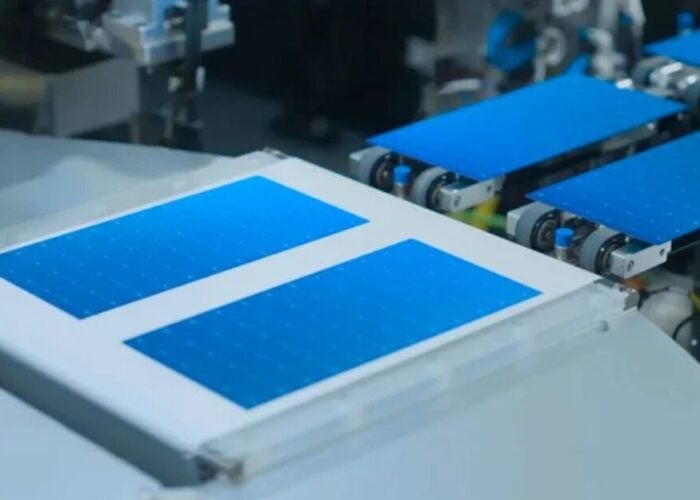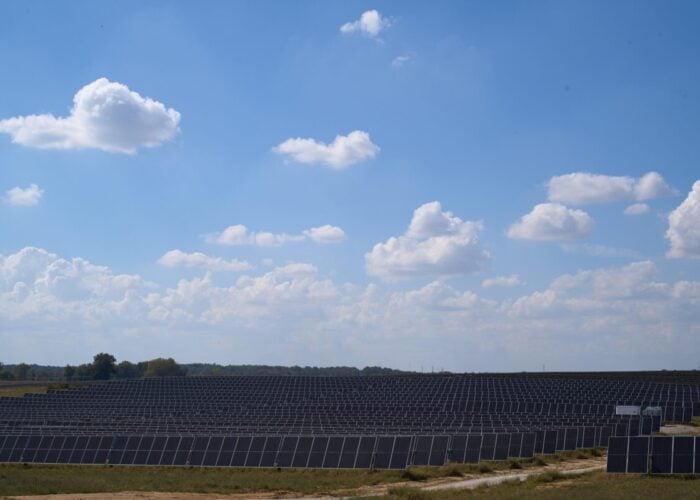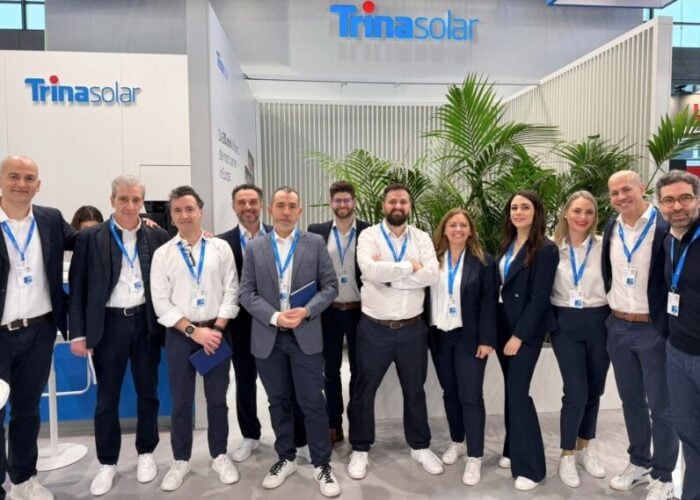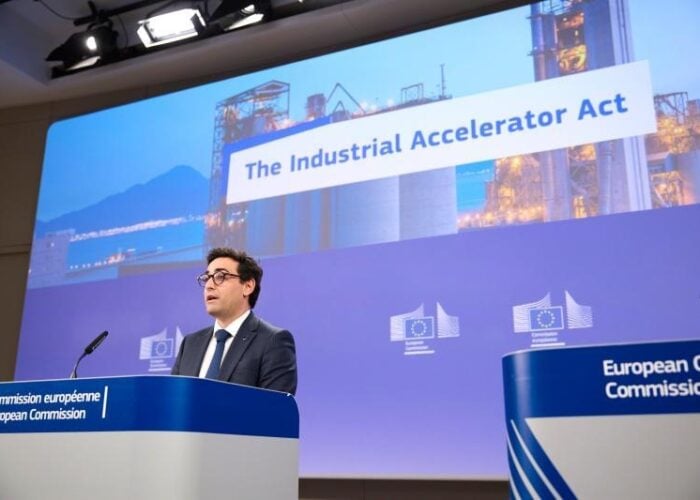Yingli Solar, the American subsidiary of China-based Yingli Green Energy, will sponsor free solar modules for fifty low-income families on the United States west coast, in collaboration with non-profit solar installer GRID Alternatives.
Hundreds of volunteers will install the solar energy systems over five days of neighbourhood ‘Solarthon block parties’, helping to eliminate 4,400 tons of greenhouse gas emissions and generate $1.3 million worth of renewable energy savings.
Try Premium for just $1
- Full premium access for the first month at only $1
- Converts to an annual rate after 30 days unless cancelled
- Cancel anytime during the trial period
Premium Benefits
- Expert industry analysis and interviews
- Digital access to PV Tech Power journal
- Exclusive event discounts
Or get the full Premium subscription right away
Or continue reading this article for free
Yingli head of marketing Helena Kimball said modules would be going to “the communities who need it most” and create the flow-on benefit of local job opportunities in San Francisco, San Diego, Fresno, San Louis Obispo and Los Angeles. The insallation parties will be held fortnightly until November 5. For more information go to www.gridalternatives.org/solarthon.
GRID Alternatives co-founder Erica Mackie said Yingli’s support had allowed it to “multiply” the impact of the non-profit’s mission to train volunteers and job trainees to install solar energy systems for low-income families throughout California.
“Every single GRID Alternatives home installation provides thousands of dollars in savings for working families and two days of on the job training for ten job seekers – and we average 15 home installations per week,” she said.
To date, Yingli’s collaboration with GRID has installed over 250 projects for low-income families and the two plan to install 1 MW of solar energy systems for 400 low-income families throughout 2011. Since 2004, GRID has installed over 1200 solar electric systems, over 3.0 MW of generating capacity, and over $28.6 million in energy cost savings during the systems' projected life spans, thus eliminating 96,300 tons of greenhouse gas emissions.






